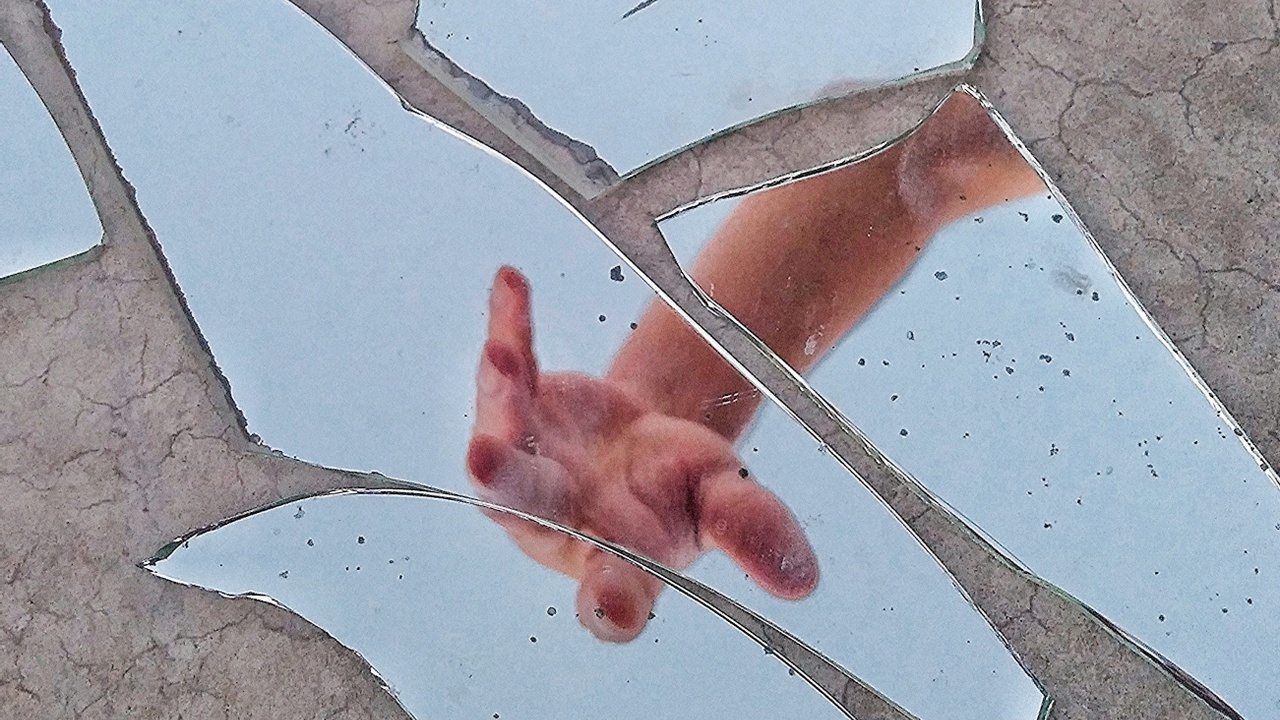Psychological Doubling and the Neuroscience of Bias
Jun 23, 2021
We each think of ourselves as moral and ethical creatures. It appears that everyone sees themselves that way, even those engaged in unethical, exploitative science, like these doctors, including a former president of the Canadian Paediatric Society who – it was revealed in 2013 – experimented on children at six residential schools around the same time that the Nuremberg code was created to explicitly address harmful experimentation by physicians.
Doubling was the psychological vehicle … in exchange for his contribution to the killing, he was offered psychological and material benefits.The Nazi Doctors: Medical Killing and the Psychology of Genocide (Robert J. Lifton, 2017)
There is a puzzle here, in that being moral does not necessarily mean that one is not doing harm. How do we reconcile this contradiction? An understandable response is horror, anger, and outrage at such a violation of trust, such hypocrisy, such brutality. But then come the questions.
How does someone justify this behavior? Trauma is complicated for everyone, including for those committing it. What makes such action possible? The perpetrator presumably acts in these abhorrent ways and simultaneously thinks of themselves as being a force for good in the world, or at least is able to ignore the cognitive dissonance: of still being a loving parent, part of a community, an esteemed member of society.
And this leads to more troubling questions: are we implicated in these crimes? Does addressing a history of exploitation and trauma mean unearthing the ways that we justify atrocity? Is there something to be learned from these extremities that could help us to engage the banal and widespread everyday experience of trauma?
An increasing amount of impressive research investigates the neuroscience of bias. There is evidence, for example, that oxytocin (the “love peptide”) may be responsible not only for pair bonding between mother and child, but also for ethnocentrism, which drives intergroup prejudice and violence. We have evolved to favor and protect our ingroup. This social valuation seems to begin early*.
Understanding that our brains constantly make such questionable nonconscious and instantaneous judgments suggests that the difference between my own implicit prejudice and the more appalling attitudes that spark my outrage may in fact be more one of degree. It leads me to wonder in what ways I accommodate ethical contradictions? In what ways does modern life require a kind of dissociation, a kind of numbing, of disembodiment, of acceptance of psychological and emotional fracture? Are there subtle ways that this psychological doubling affects all of us who benefit from privilege?
As usual, I don’t come with answers today, just threads of questions. It’s been a year of peeling back layers, and of being surprised by what I find. One of the surprising outcomes has been realizing that gaining understanding of the full complexity of our histories leads to the possibilities of greater connection with other people of conscience, of stronger relationships, of more resilient communities, and even of a better world. It seems clear to me that we may meet more trouble ahead, but I’m also enthusiastic about what we can accomplish working together.
–
On a lighter note, this week is the last session of our first entirely online practicum, helping to guide practitioners new to neurofeedback as they begin the journey to becoming skilled clinicians. We’ll do it again starting in August. More details next week. For those who prefer an in-person Introductory course, Dr. Ed Hamlin and Dr. Mary Ammerman will host the four-day Neurofeedback in a Clinical Practice course September 8-11 in Asheville, NC. This will be the first intro training they’ve done in over a year. If this is for you, mark your calendars. Registration opens June 28.
As you all know and as many of you have shared with me, there is ample opportunity (and need) to create more resources about brain-training. Building on what clinician Avery Bratt called a “collegial and accepting atmosphere” in the EEGer community, we will develop clearer pathways, common language, and wider understanding of the power and breadth of clinical neurofeedback. I’m so grateful to be doing this work with all of you.
Stay connected with news and updates!
Join our mailing list to receive the latest news and updates from our team.
Don't worry, your information will not be shared.
We hate SPAM. We will never sell your information, for any reason.
